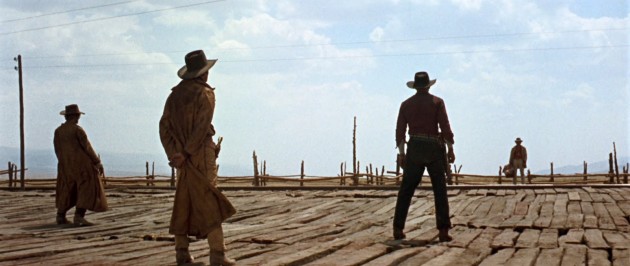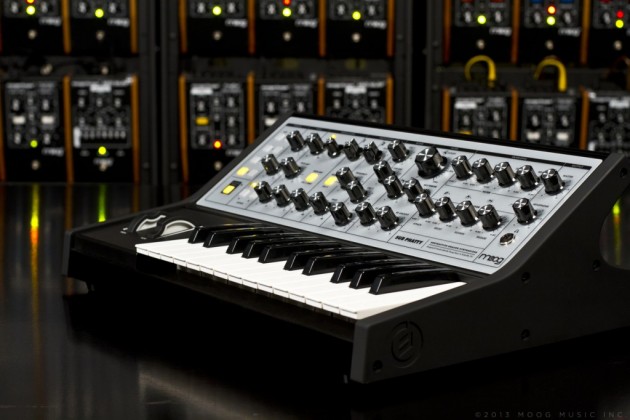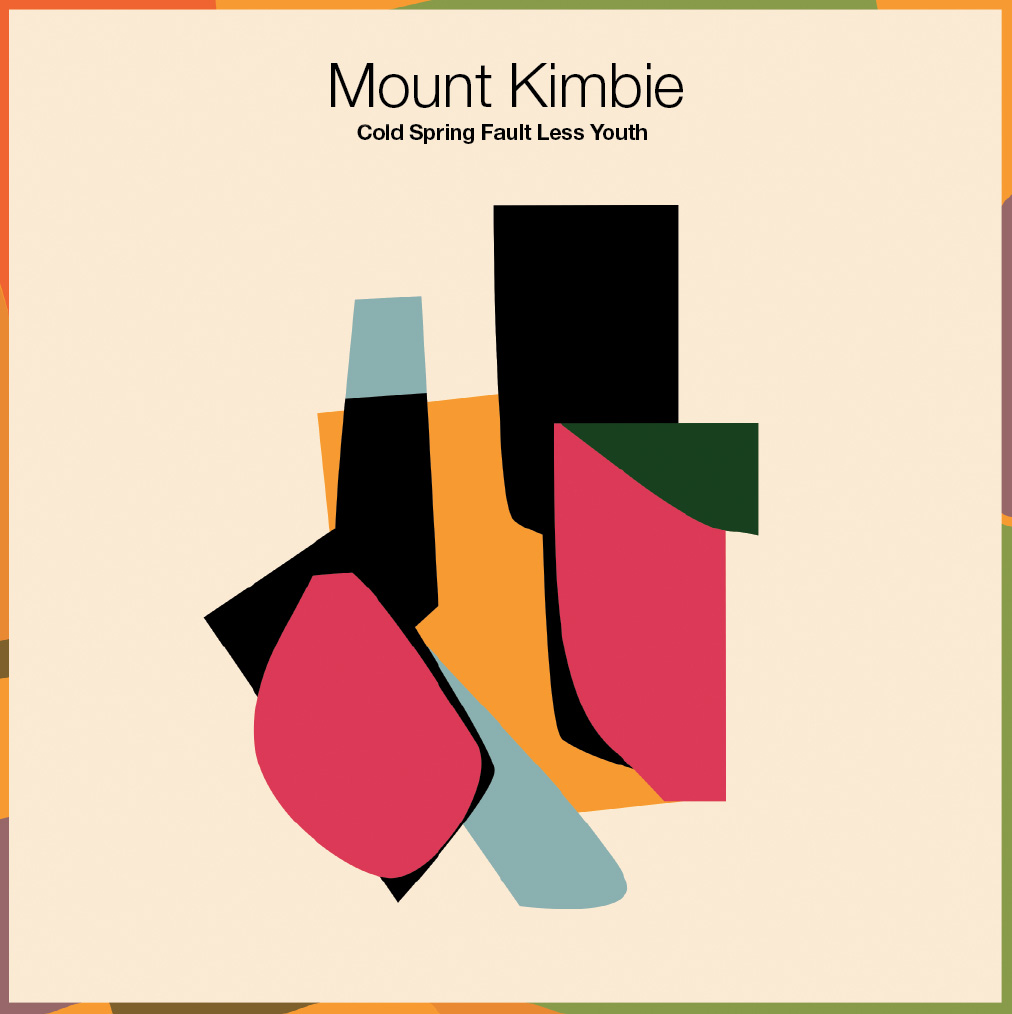In a film primarily concerned with death, it’s fitting that the soundtrack serves as an elegy. Graceful, portentous, and dramatic, Ennio Morricone’s score for Sergio Leone’s Once Upon a Time in the West is more or less devoid of the whoops, shrieks, and catchy electric guitar that helped both men make a name for themselves on A Fistful of Dollars in 1964, a soundtrack that became one of the most iconic and evocative of its era. But despite that, it might just be the best thing one of the 20th century’s finest composers ever put his name to.
Italian director Sergio Leone had made a few films before embarking on A Fistful of Dollars, but with this modestly budgeted movie, he shifted the focus of the Western from the square jawed morality of the John Wayne era into something decidedly darker. And he brought his friend Ennio Morricone along for the ride.
Taking the unusual step of recording much of the music before the film had been made, Morricone’s soundtrack occupies equal billing with its top star, Clint Eastwood. And whilst Clint Eastwood’s surly gunfighter is as far away from John Wayne rugged lawman as it’s possible to be, Morricone’s soundtrack transports us to a different state of mind than what we’d previously been used to. Despite the ‘pop’ sensibility evident in the music, there’s an eerie quality to the soundscapes he provides, a dislocation that instantly lets us know that everything is different. The bouncy electric guitar roots it in the early 60s, but beyond that, it has a distinctly non-American musical language in play, reminding us that white Americans weren’t the first people to populate these lands.
Over the course of two more films, Morricone would cement his partnership with Leone and Eastwood, making them the leading lights of the Spaghetti Western genre (so called because most of the spate of films that followed in the wake of Dollars were made by Italians). A Few Dollars More and The Good, The Bad, and The Ugly expanded upon the palette of the first film, introducing an almost gothic sense of menace to the otherworldly atmosphere, whilst Leone ramped up the tension and the violence. However, Once Upon a Time in the Westwould serve to be both men’s magnum opus, refined to perfection, and signalling the end of an era.
The film stars Henry Fonda, Charles Bronson, Claudia Cardinale, and Jason Robards as a group of misfits thrown together at the end of the western era. Fighting over land, each one playing off against the others, Cardinale’s Jill exploits her sex appeal to bend these men to her whims, using the only talent the west will allow her to have, whilst Fonda’s Frank takes the veteran star away from his usual role as a lawman, and turns him into a gun for hire, a mercenary, and a murderer. Robards as Cheyenne embodies the pioneer spirit of the age, as well as some of its looser morals, forever treading the line between good and bad, and providing a surprisingly sensitive comic turn. However, much of the attention falls on Bronson as ‘Harmonica’, an almost silent figure, forever peering out from beneath his hat with eyes of pure flint, occasionally playing a mournful refrain on his harmonica. On a mystery mission of revenge, he has unfinished business, and plans to see it through to the very end. All the while, the railroad edges ever onwards, signalling the end of this era of horsemen and gunfighters. For everyone, time is running out.
Morricone’s soundtrack utilises leitmotif, recurring themes to evoke the spirit of the characters. Harmonica’s theme starts out as just a few notes on his harmonica, before building into brutal, apocalyptic fury, capturing the destiny of this enigmatic character. Jill’s theme brings us what first appears to be a sense of sweeping romance, before a hard edged melancholy subverts the music, capturing the hardships she faces, as well as her bitter determination to get what she wants.
Cheyenne is captured with a jaunty banjo melody that teases out the sly humour to his character, but the rhythm is disjointed, prone to stopping unexpectedly. Sure, Cheyenne might be charming, and might get a laugh, but he’s a killer, and right until the end, he remains unpredictable. Frank might be the most surprising of the lot, with a tragic melody suggesting a redemptive quality to the character that simply isn’t on the screen. In a sense, more than anyone else, Frank is haunted by death – his own death, and the death of everything he knows, and that touch is in everything he encounters.
It all combines to create Morricone’s most evocative score to date, perfectly capturing the tone of the film that brought Lenoe back to the genre after thinking that he’d said all he could say about it. Death will come to all these characters, naturally or not, and the railroad brings death to the spirit of the age, but with the soundtrack to Once Upon a Time in the West, Ennio Morricone brought death to the genre, rendering all that came after him as a pale imitation. Steven Rainey
Ennio Morricone appears at Dublin’s 3Arena tomorrow night, February 7. Listen to Once Upon a Time In The West below.






